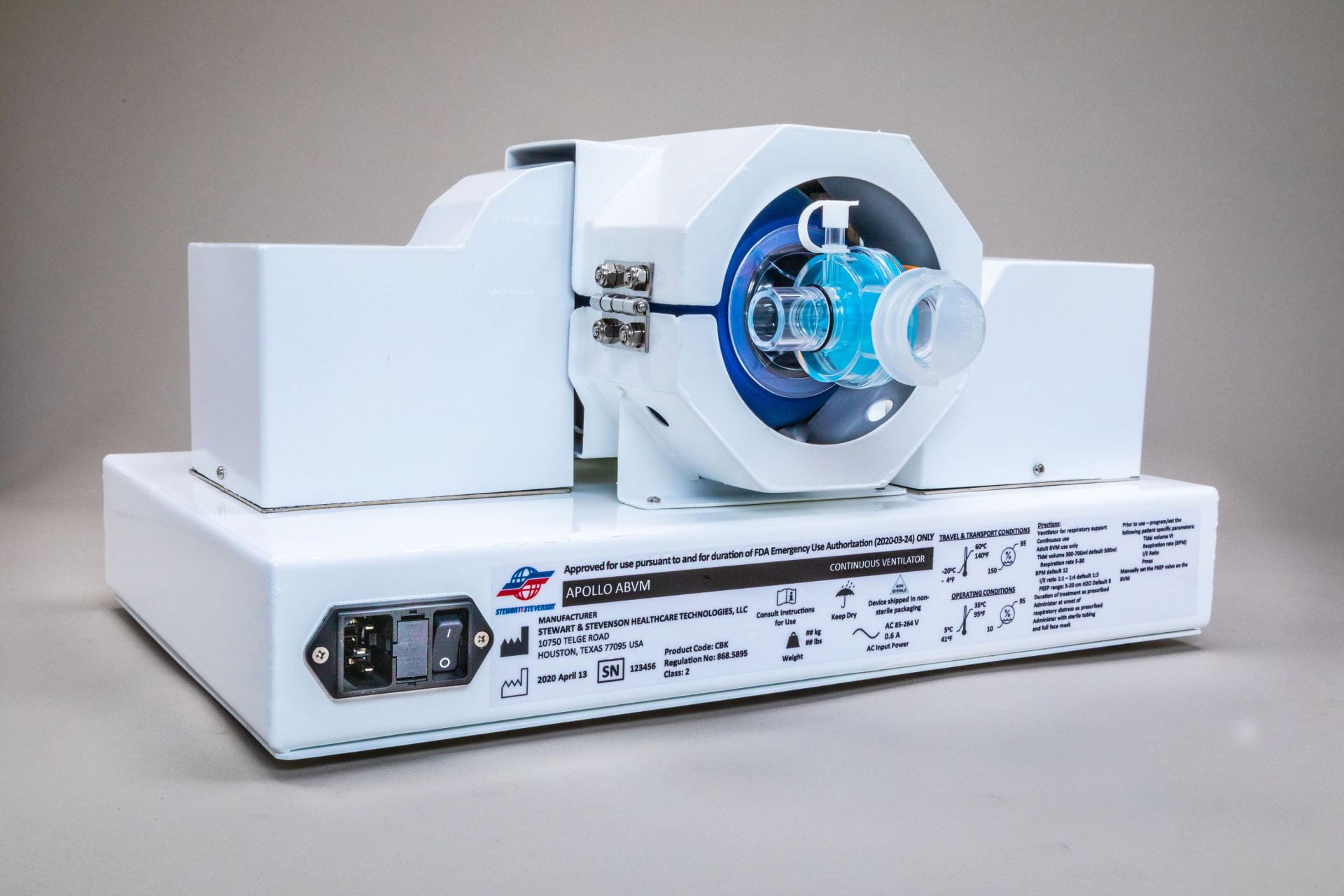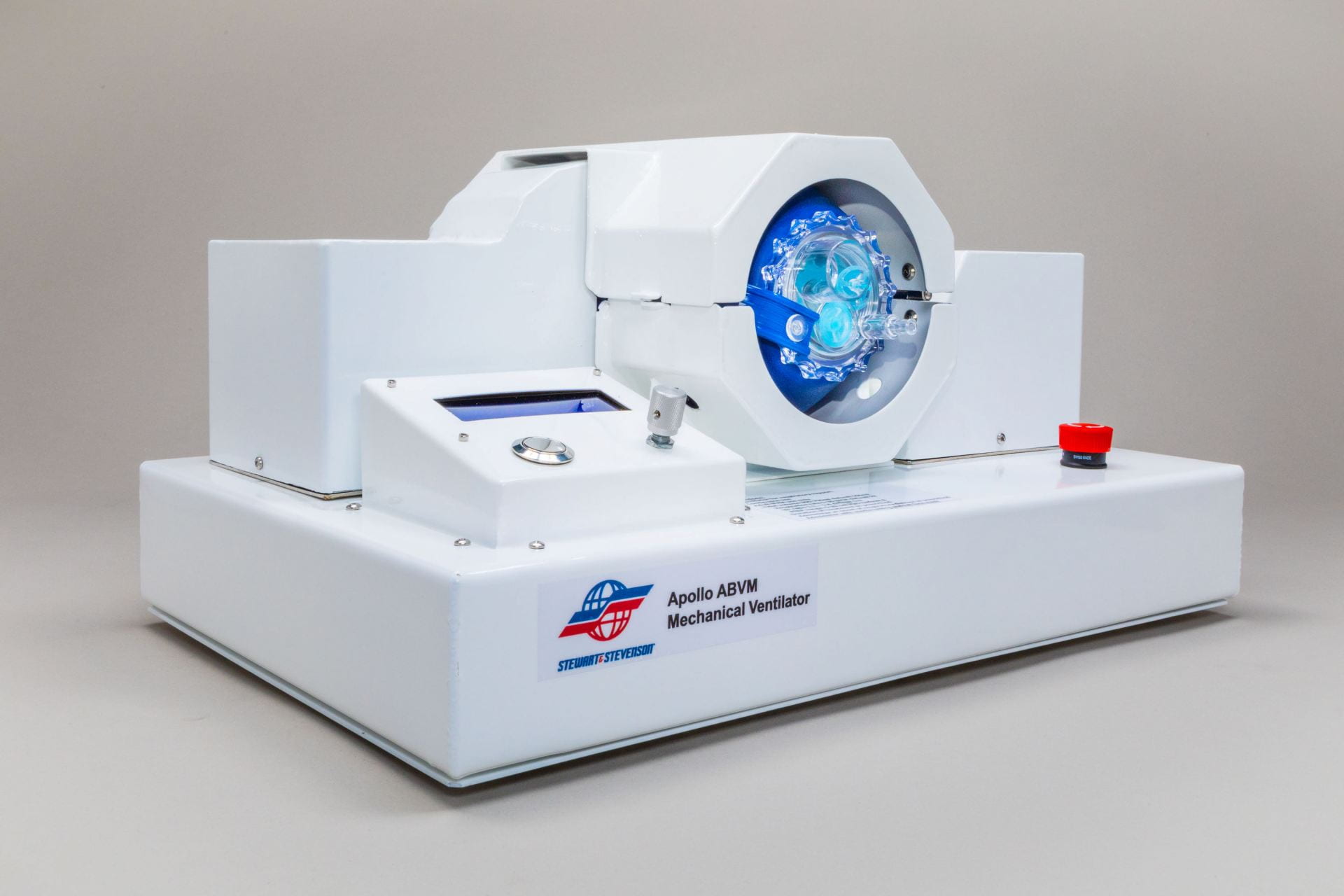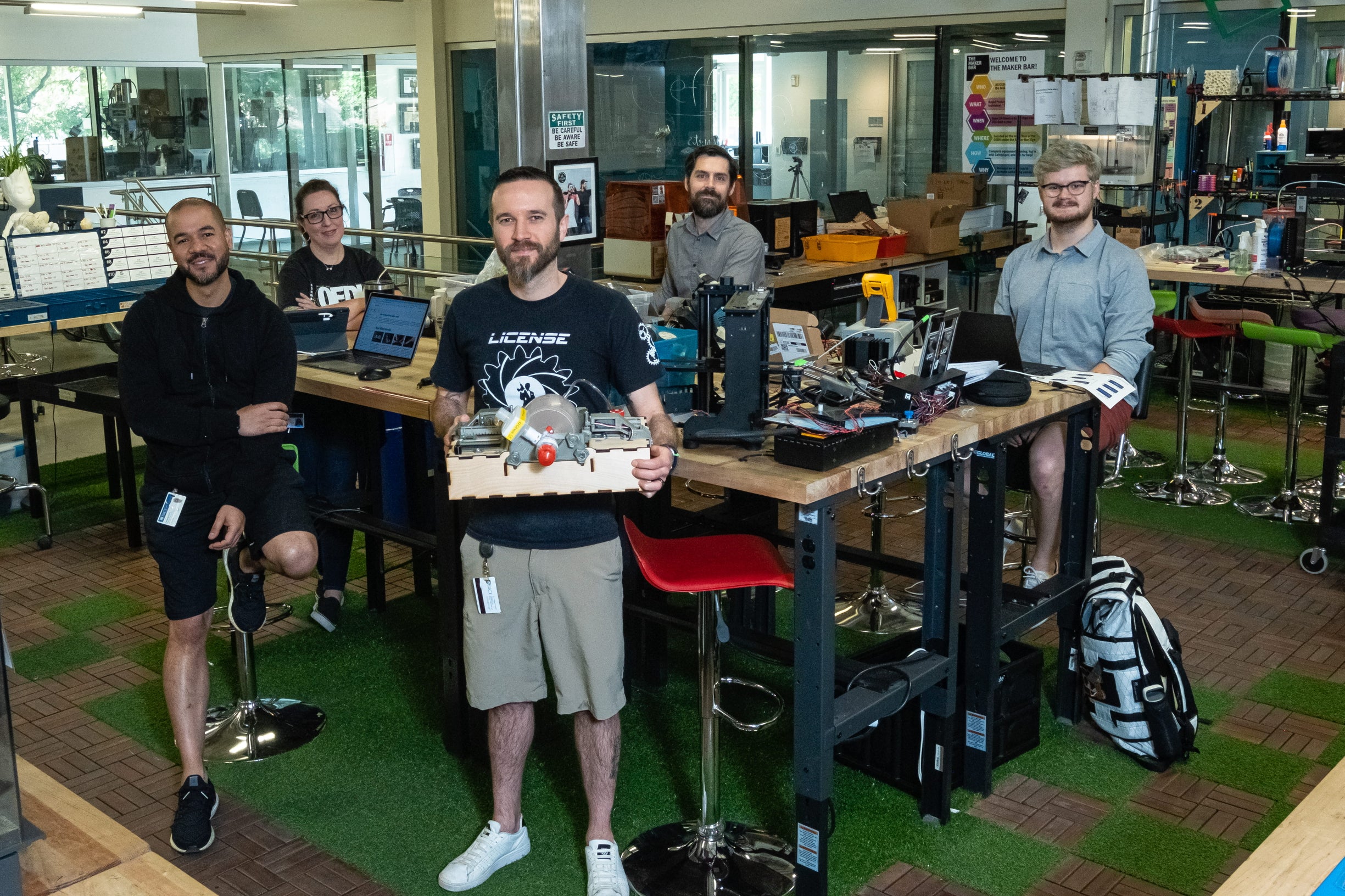An enhanced version of the ApolloBVM designed by Rice University engineers has received Emergency Use Authorization (EUA) by the U.S. Food and Drug Administration as an emergency resuscitator for use during the COVID-19 pandemic.
The device, as further developed by the Houston manufacturer Stewart & Stevenson Healthcare Technologies LLC, a subsidiary of Kirby Corporation, is designed to deliver air to the lungs of adult patients who require ventilation while they await the availability of a full ventilator.
The manufactured version, dubbed Apollo ABVM, is a sturdy and portable system the company believes can be rapidly deployed in emergencies during the EUA period.
Open-source plans for Rice’s ApolloBVM remain online and available to the maker community. The plans have been downloaded by nearly 3,000 registered participants in 115 countries.
“The COVID-19 pandemic pushed staff, students and clinical partners to complete a novel design for the ApolloBVM in the weeks following the initial local cases,” said Maria Oden, a teaching professor of bioengineering at Rice and director of the OEDK. “We are thrilled that the device has received FDA Emergency Use Authorization.”

Development began in 2018 when a Houston emergency physician, Rohith Malya, brought his idea for a bag valve mask automation device to students at the Oshman Engineering Design Kitchen (OEDK) at Rice’s Brown School of Engineering. The students designed and built a device that would squeeze a standard bag for hours on end, potentially saving the lives of people like those in Thailand, where Malya serves as a hospital’s director of emergency services and where he watched patients needlessly die for lack of sustained ventilation.
A video produced by Rice as the students neared graduation in 2019 caught the attention of health professionals around the world last March, spurring a Rice team of staff engineers and one student, along with Malya, to revisit the “Take A Breather” device.
Working around the clock for weeks, the small team, alone in the OEDK during the initial pandemic lockdown, toughened the device and added safety features for use in a medical setting, a process continued by Stewart & Stevenson, which licensed ApolloBVM in April.

“The FDA authorization represents an important milestone achievement for the Apollo ABVM program,” said Joe Reniers, president of Kirby Distribution and Services. “We can now commence manufacturing and distribution of this low-cost device to the front lines, providing health care professionals with a sturdy and portable ventilation device for patients during the COVID-19 pandemic.”
Reniers said several manufacturing sites supported the effort, including manufacturing plants in Oklahoma City and Houston. “It is a testimony to the flexibility of our people and our manufacturing facilities that we are able to readily utilize operations to support COVID-19 related needs,” he said.




